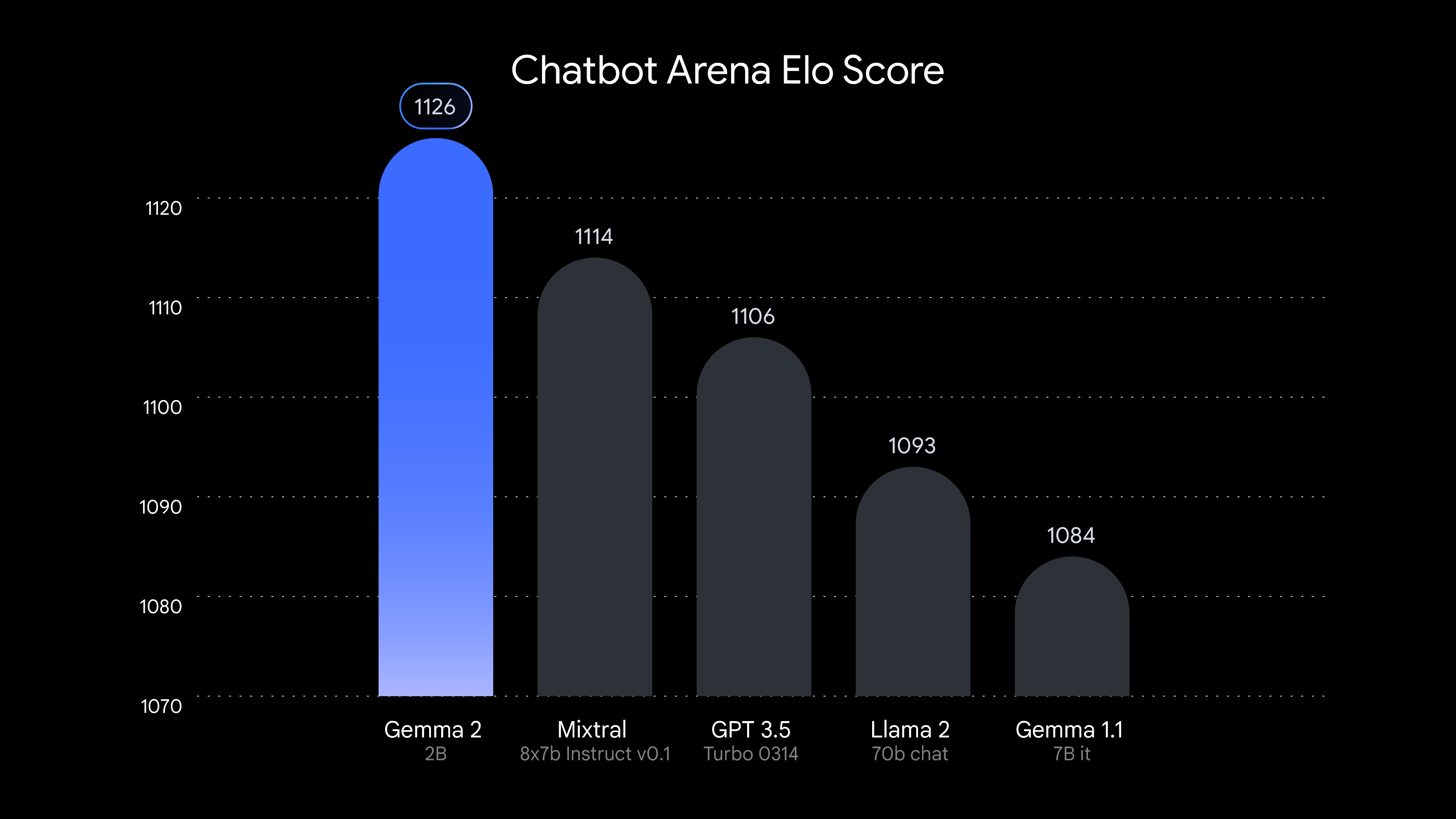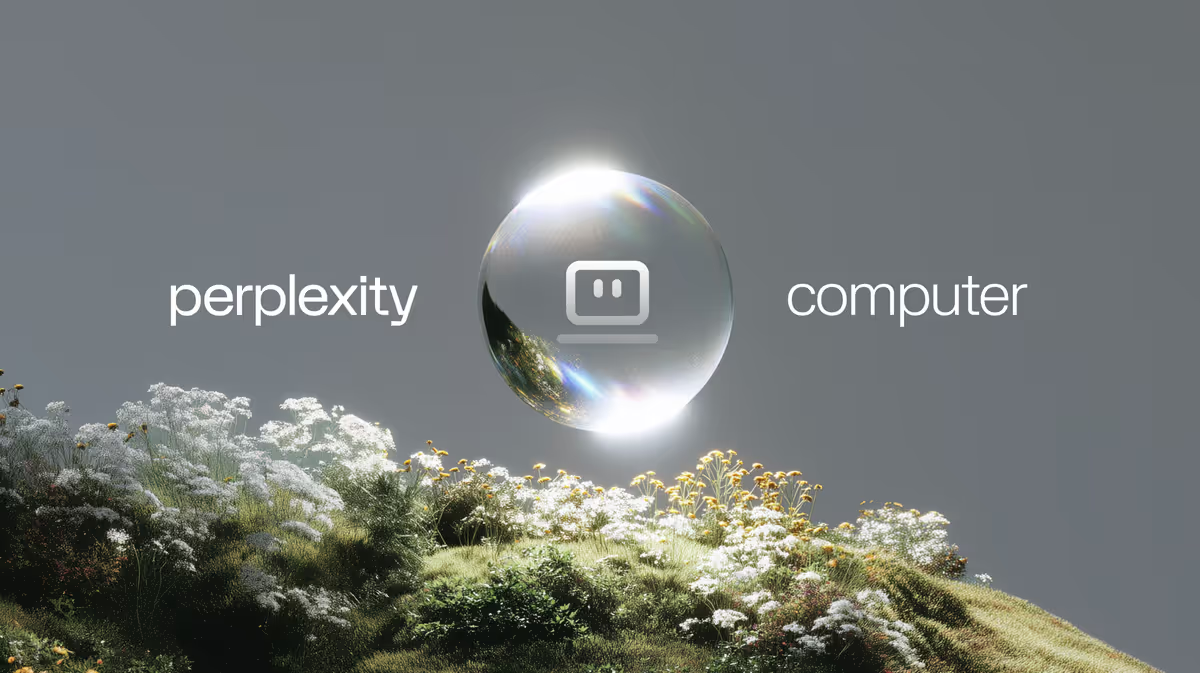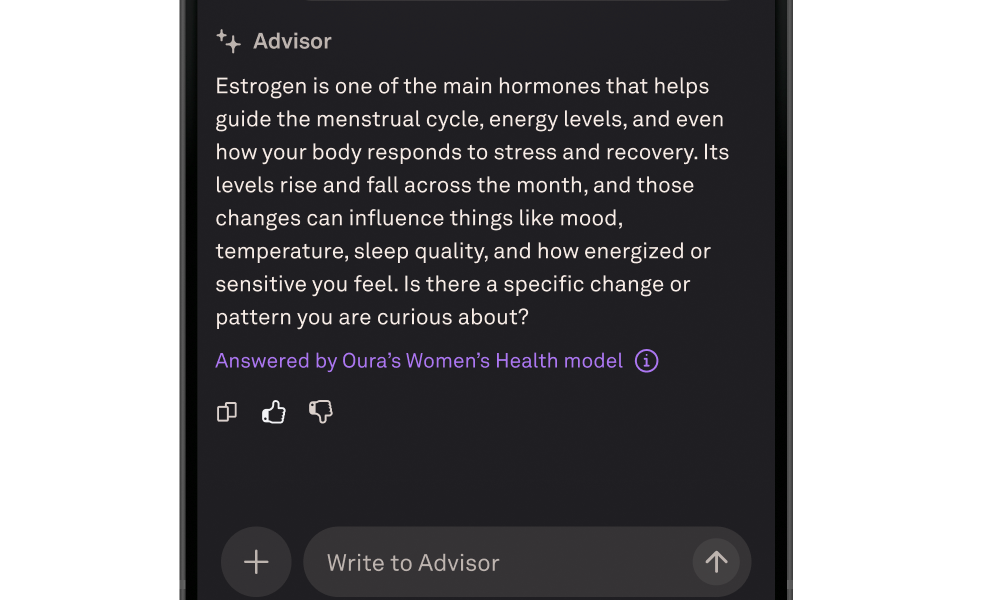Following the release of the Gemma 2 27B and 9B parameter models, Google has announced the release of three more members of the Gemma family: Gemma 2 2B, ShieldGemma, and Gemma Scope. Like Gemma 2 27B and 9B, these models deliver outstanding performance, while aligning with Google's mission to build responsible, safe, and accessible AI.
Gemma 2 2B features a lightweight size and competitive performance resulting from model distillation. Gemma 2 2B outperforms many larger models ranked in the LMSYS Chatbot Arena leaderboard, including GPT 3.5, Mixtral, and Llama 2 70B. Its compact size enables deployments on various hardware, including edge devices. Gemma 2 is also widely available, including as an NVIDIA NIM, on Hugging Face, Kaggle, and the Vertex AI model garden. These features and Gemma 2's commercially friendly license make the model ideal for various applications.
ShieldGemma, comprising a series of state-of-the-art classifiers, supports developers in ensuring their model outputs are safe and inclusive by detecting and mitigating harmful model inputs and outputs. ShieldGemma was designed to target hate speech, harassment, and sexually explicit and dangerous content. ShieldGemma is built on Gemma 2, making the 2B model ideal for online classification tasks, and the 9B and 27B models for offline applications.
Finally, Gemma Scope uses a collection of sparse autoencoders to reveal the inner workings of Gemma 2 2B and 9B. Offering a more detailed view into how Gemma 2 processes complex information, Gemma Scope supports developers and researchers by providing a zoomed-in view into how Gemma 2 identifies patterns, processes information, and consequently, makes predictions. Gemma Scope features over 400 freely available SAEs, an interactive demo on Neuronpedia, and a repository including code and examples.







Comments